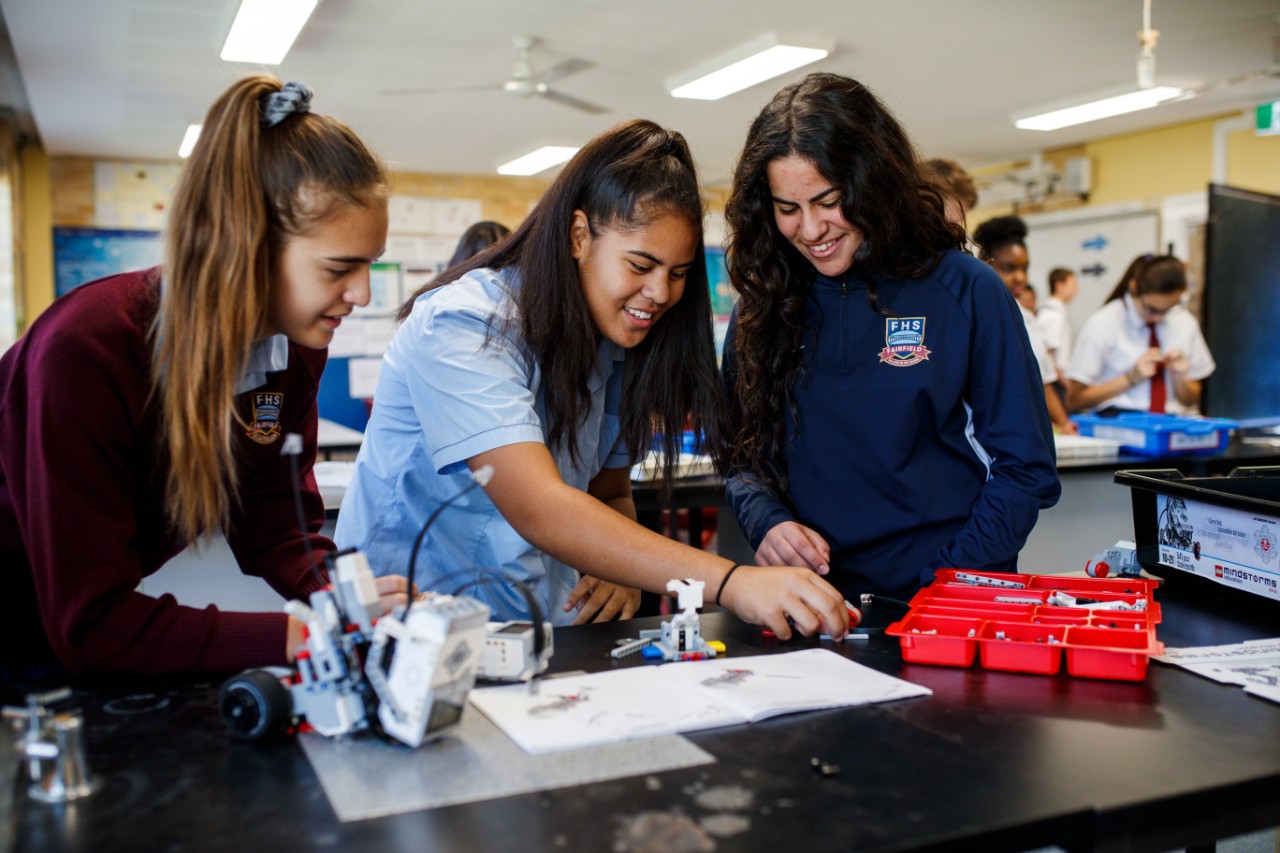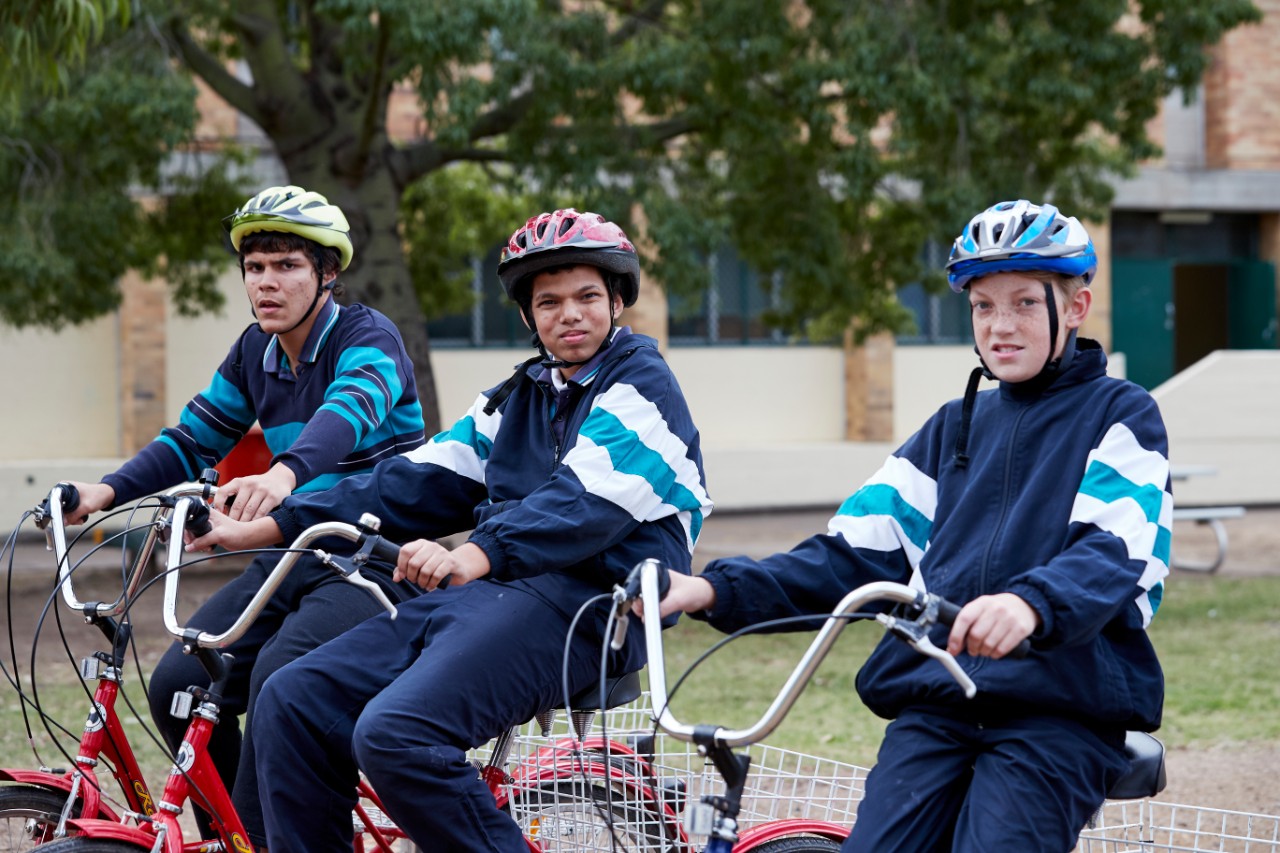Thinking and cognition
Use inclusive teaching and learning strategies to support students with thinking and cognition in the classroom.
About thinking and cognition skills
Cognition is another word for thinking or understanding. It includes skills like how fast someone thinks, and their attention, reasoning, and problem solving. Students with disability may face challenges with some types of cognitive skills. These will vary depending on the student. They may experience some challenges with how quickly they can think and their ability to understand. They might need information kept short and simple, and they may take longer to understand, think, and respond. They may become tired quickly. New tasks can be harder for them to learn and so they might become frustrated. They may engage in behaviours of concern when feeling frustrated.
Students with disability often have a unique profile of strengths and challenges in different areas of their thinking skills. They may show a great understanding of visual information, but need extra time to process information or have trouble concentrating for a long time. Each student is unique and will need a tailored approach to their learning.
Some areas where a tailored approach may be helpful include attention, learning and memory, processing speed, and planning and organisation. More general strategies for supporting a student who has challenges with their thinking are discussed below.



School Excellence Framework alignment
Wellbeing, Effective classroom practice
Australian Professional Standards for Teachers alignment
Standard 1: Know students and how they learn
Audience
Secondary teachers
Purpose
This resource includes a range of strategies for teachers to consider student need in relation to thinking and cognition. Including: Evidence-based practice, best practice tips and other considerations.
Reviewed
November 2021. Share your feedback here